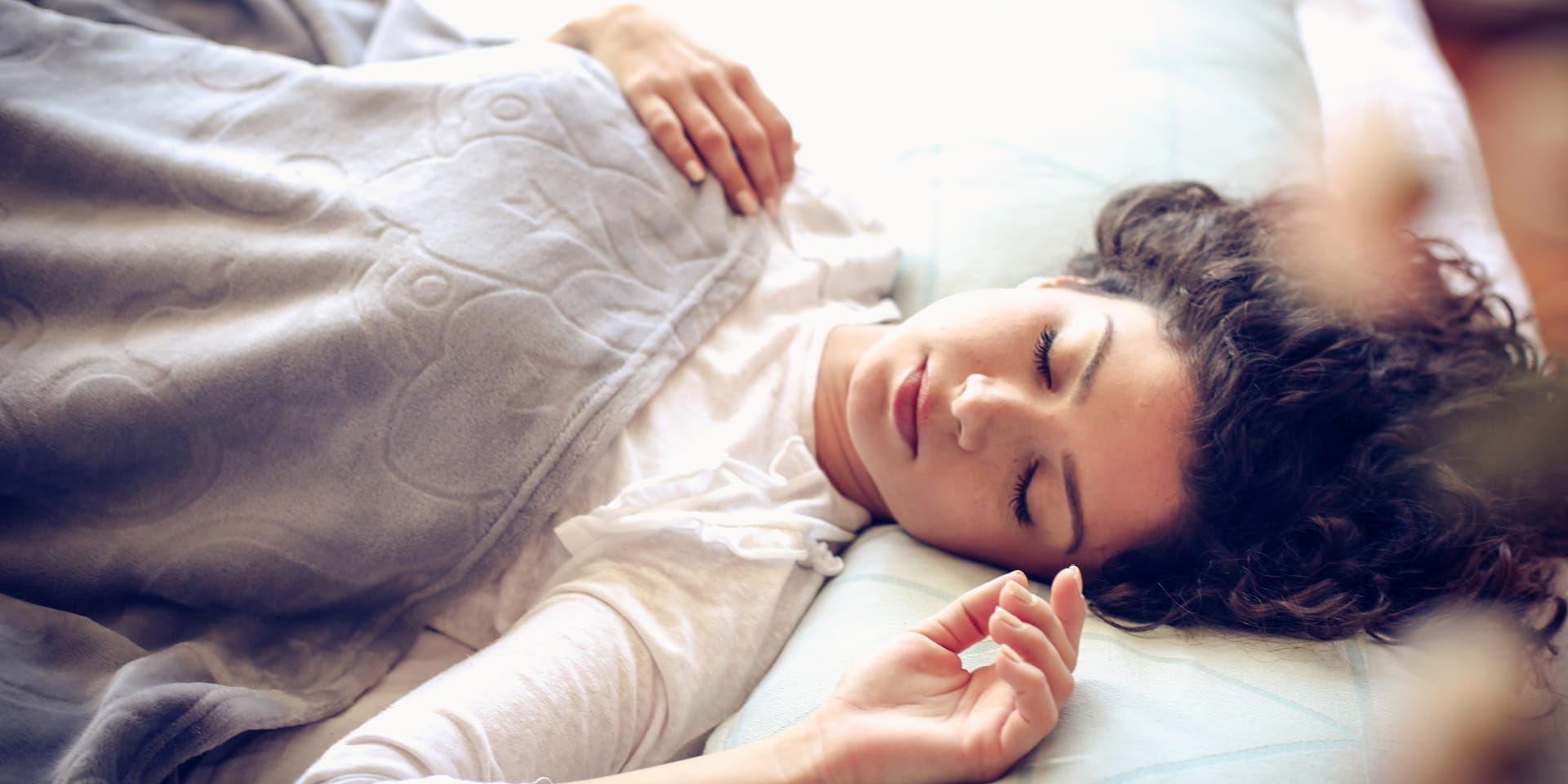Getting a good night's sleep can help you have a better day. It can also help keep you healthy.
"Sleep is extremely important. If you don't get enough of it, there are definite health consequences," says Les Szekely, MD, pulmonologist and sleep specialist with Bucks County Medical Associates.
The average adult needs about 7.5 to 8 hours of sleep daily. But, when it comes to sleep, quality counts.
"It's important to get deep, quality, refreshing, restorative sleep," Dr. Szekely says.
If you get the recommended 7.5 to 8 hours of sleep daily, you should "wake up and feel ready to conquer the day," Dr. Szekely says. "And you're not too tired during the day."
Dangers of not sleeping enough
A chronic lack of sleep can lead to various health problems, including type 2 diabetes, cardiovascular disease, obesity, and depression.
Sleep apnea left untreated can lead to an increased risk of high blood pressure, heart disease, and certain cancers.
Lack of sleep also affects worker productivity. It is estimated that undiagnosed sleep apnea costs the country $150 billion a year. Additional costs to society for related health problems, lost worker productivity, and accidents make sleep disorders a serious public health concern, according to the National Institutes of Health.
Your sleep and memory
While you’re sleeping, your body is actually hard at work. Several things happen to our minds and bodies while we sleep. That's where the "restorative" part of a good night's sleep comes into play. The immune system is restored during sleep, and memories are stored.
There are several stages of sleep that you should cycle through during a good night's sleep. According to Dr. Szekely, not going through these stages could lead to dementia and have other cognitive issues.
"Sleep in general is vital," he says.
Setting yourself up for sleep success
So, what can you do to try and get a good night's sleep, especially as we prepare to turn our clocks forward an hour.
"Go to bed on time," Dr. Szekely says. "And no late eating or drinking caffeine."
Some other tips Dr. Szekely suggests include:
- Avoid eating within three-to-four hours of going to sleep
- Don’t exercise within four hours of going to sleep
- Don’t drink alcohol too late
If you suspect a sleep disorder, you can address the issue with your family doctor or see a sleep specialist. Most disorders don't need a sleep study, Dr. Szekely says. But if a sleep study is warranted, some can be done at home and others in a sleep lab.
Learn more about Doylestown Health’s Sleep Center.
About Doylestown Health
Doylestown Health is a comprehensive healthcare system of inpatient, outpatient, and wellness education services connected to meet the health needs of the local and regional community. The flagship of Doylestown Health is Doylestown Hospital, a not-for-profit, community teaching hospital with 245 beds and a medical staff of more than 600 providers who deliver the highest quality care in over 50 specialties. Renowned locally, regionally, and nationally, Doylestown Hospital provides superior healthcare and offers advanced surgical procedures, innovative medical treatments, and comprehensive specialty services. Serving Bucks County for over 100 years, Doylestown Hospital is proud to educate and train the next generation of physicians through its family medicine residency program. Ranked as one of the World’s Best Hospitals by Newsweek and 9th in Pennsylvania, Doylestown Hospital is distinguished in both infection prevention and patient experience. Doylestown Hospital is the only hospital in Pennsylvania to achieve 18 consecutive ‘A’ grades for patient safety from Leapfrog Hospital Safety Grade. Learn more at doylestownhealth.org.
